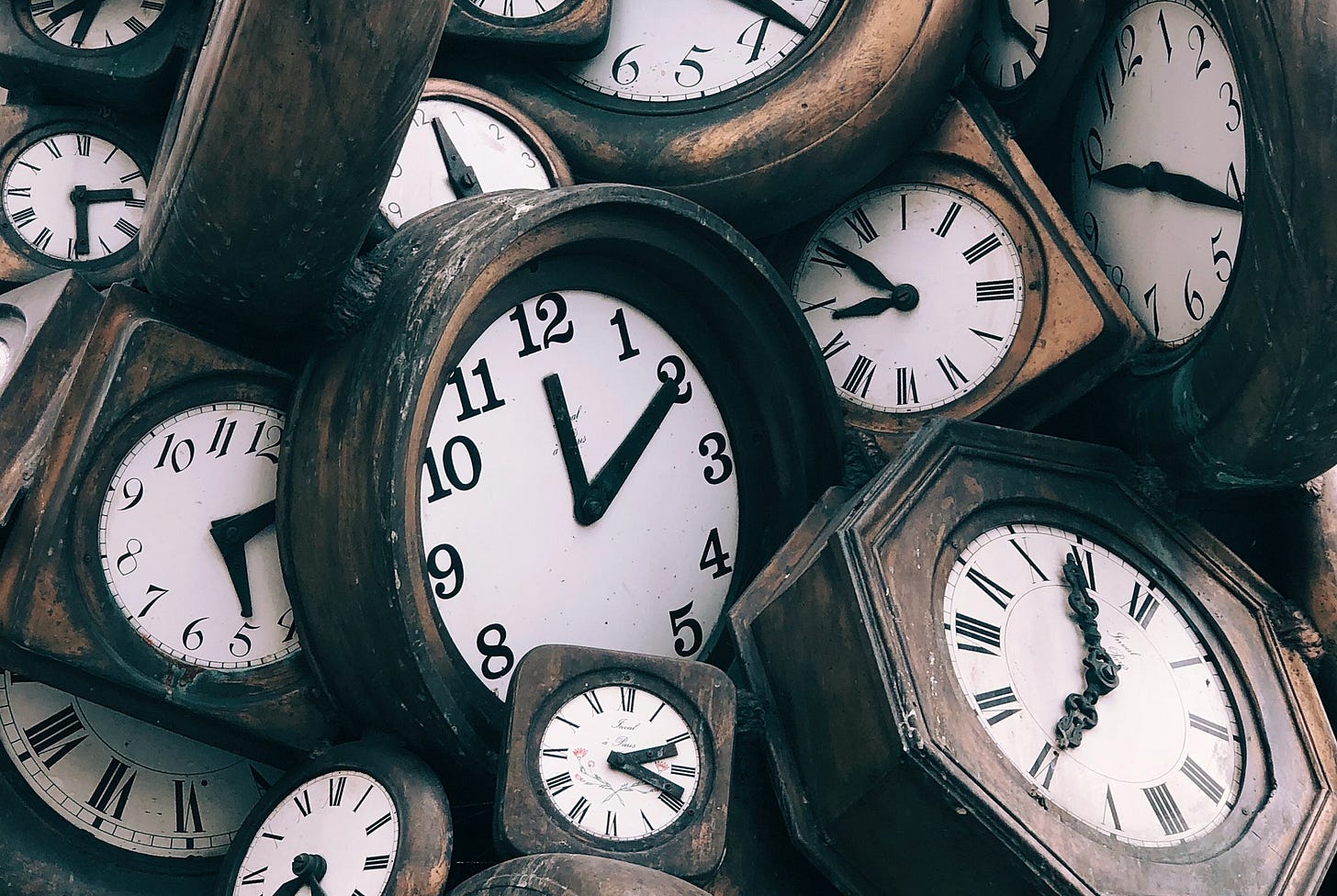I lost a good friend suddenly last week. This post isn’t about him. It’s too soon, too raw, and there are better-placed people to talk about the unique and wonderful husband, father, brother, son and friend he was in due course. This is an oblique discussion (for my own sanity, which often finds an outlet in words) about what sudden shocks of mortality do to us, both as individuals and societies.
The out-of-the-blue news of the sudden death of anyone you even vaguely know, let alone are close to, is paralysing; an experience which sadly, most people either have, or will experience at some point in their lives.
In a world where phones only now seem to ring to sell something or with bad news, the name flashing up on screen of someone who would normally text a cheerful update can, in itself, elicit panic. You may be the first or tenth such call they’ve had to make on what started as a normal day and turned into one they will never forget: repeatedly having to pierce heart after unsuspecting heart with the unimaginable words: they are gone.
The response is physical at first as the heart stops, followed immediately by waves of competing emotions: disbelief, confusion, fury, fear, regret and deep sorrow. Platitudes are empty. An uttered ‘but… how…!? irrelevant, and immediately regretted for its pointlessness.
The schism in reality brings with it detachment and dissociation. It’s just too big to fathom. For those closest to the loved-one, in the eye of the shock-storm, as I once was on a cold Christmas Day in 2006, their world stops turning. Everything’s changed and yet, disorientingly, very little has. The weather weathers on. Pedestrians amble on. Inboxes keep pinging. The radio witters away. The post arrives as usual. Strangers keep smiling. It’s what Auden’s ‘stop all the clocks’ railed against so powerfully.
In broader society, it often seems like this disorientation and powerlessness can trigger intense reactions - spontaneous mobilisation towards fundraising, activism or angry protest. Understandably. Finding something, anything to anchor intense disorientation and confusion around or roaring back at injustice is much easier than sitting quietly in a gaping hole of shock and loss.
Frequently, however, such efforts can cause more harm than good - not least to those in the eye of the grief storm, who risk getting thrust into a spotlight in their hour of greatest vulnerability and sorrow. Get the bastards! New policies! Shame the culprits! When raw emotion is mobilised and channelled into immediate activism there can often be unintended consequences. Distance, time and perspective is nearly always required to evaluate the true nature of risk.
Examples include the recent riots in the UK targeting immigrants post the immediate misinformation after the tragic Southport stabbings or the ‘Dangerous Dogs Act’ legislating against certain breeds - with huge numbers euthanized - but which failed to address the actual issue of irresponsible ownership. More generally, a single, tragically-fatal drug reaction might instantly pull it from shelves despite its potential to save 10s of 1000s of other lives, and as Lenore Skenazy, Jonthan Haidt and others have frequently commented, wall-to-wall news coverage of child-tragedy have contributed hugely to a modern culture of over-protection and stranger-suspicion that has damaged resilience and mental health in the young.
This is known as the ‘Cobra Effect’ after the period in colonial India when a bounty was offered for cobras after a number of deaths which was exploited by breeders and led to a net increase in the population. Well intentioned knee-jerk actions can often exacerbate the problems they seek or resolve or inadvertently create new ones: polarisation, scape-goating or risk aversion to the point of triggering greater risk elsewhere.
But what if there was no injustice and just tragedy, as for those I love last week? Where and how to channel that shock?
There are no words. And yet words are all we have, with many beautifully strung together into some of the most precious letters I have ever received after the sudden death of my father. Whilst I’ve written about death previously, it was from the perspective of more distance and time. Whilst the sadness never really goes, time does help with the processing, enabling the things that actually matter in life to come flooding back into sharp focus.
It’s too soon now for that deeper reverie. The clocks have stopped for so many I love. Maybe all any of us can do is just sit. Sit with our sorrow and memories. Sit with, and amongst those sharing the shock and loss so as to allow brains and hearts to slowly process the unfathomable.




<3
Beautiful, Jess. And so accurate. I’m so sorry to hear about your friend.